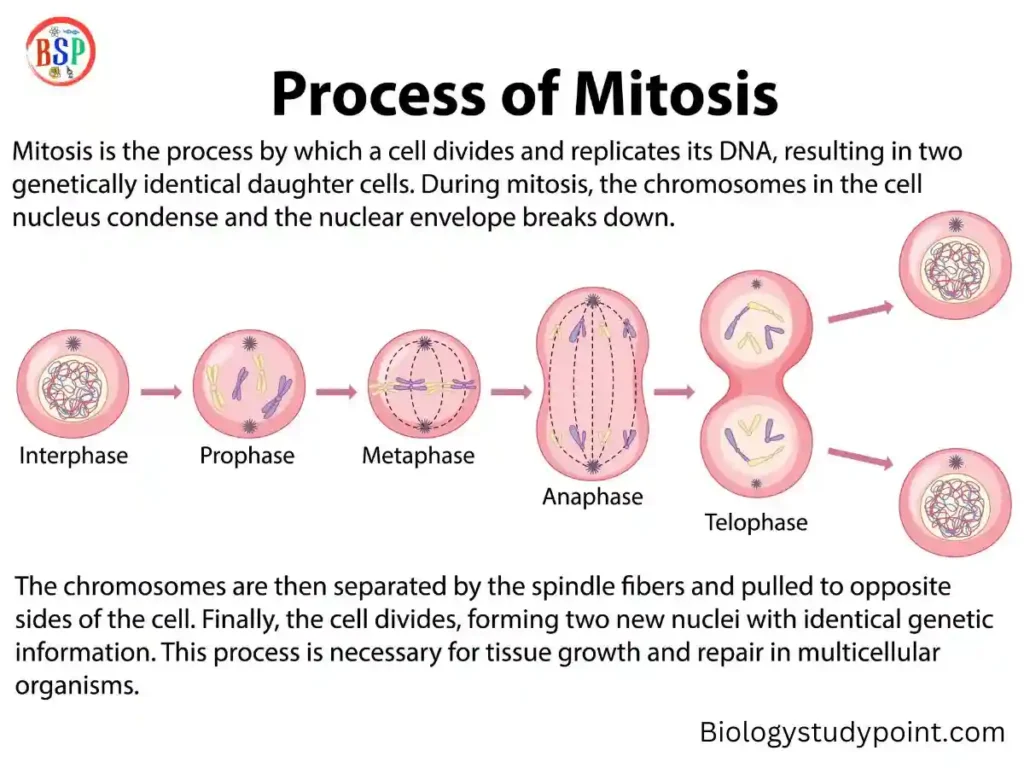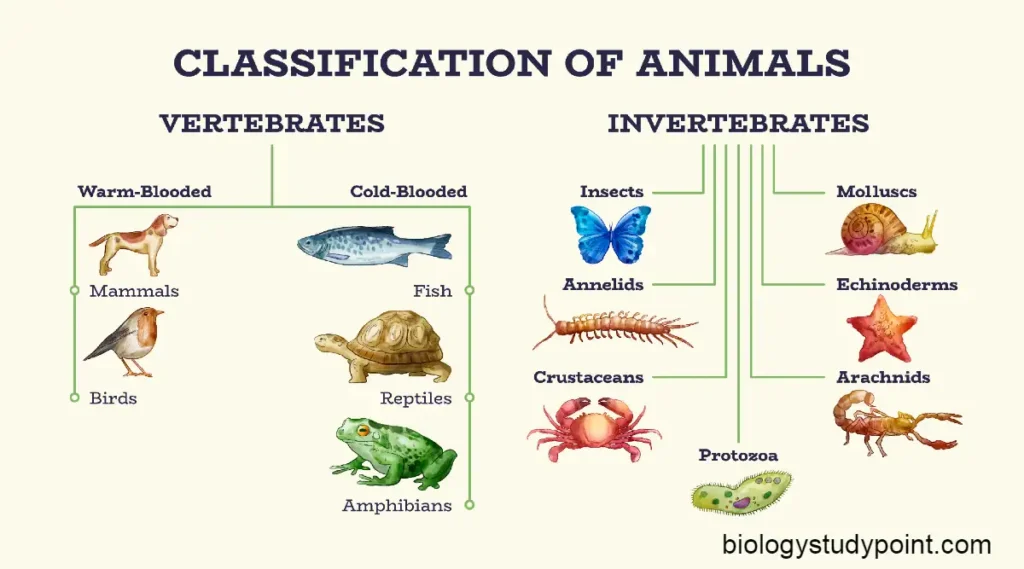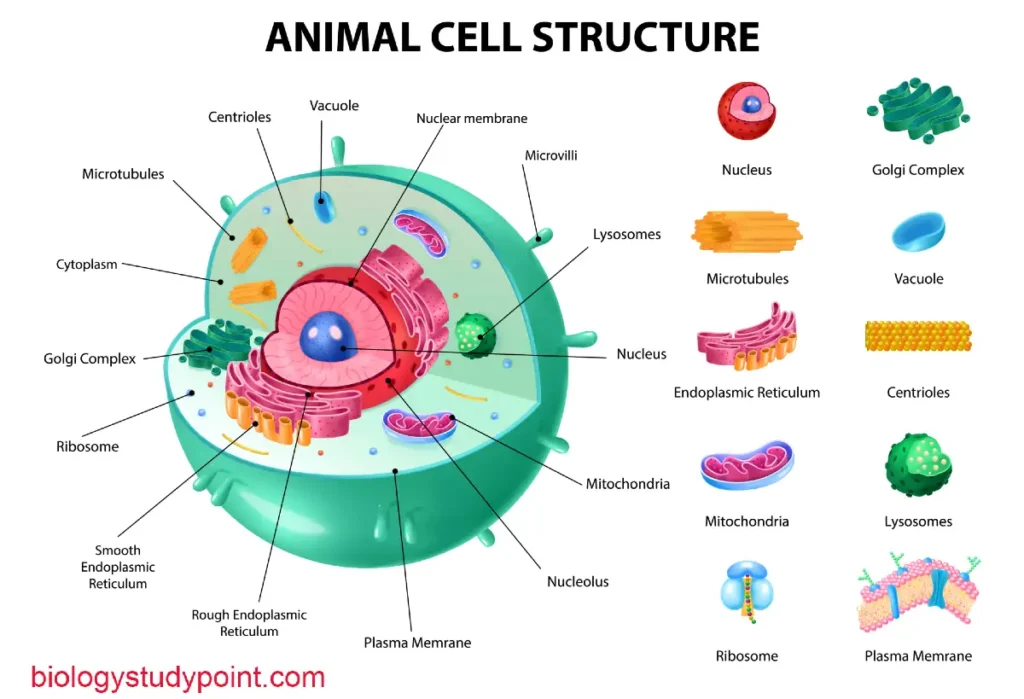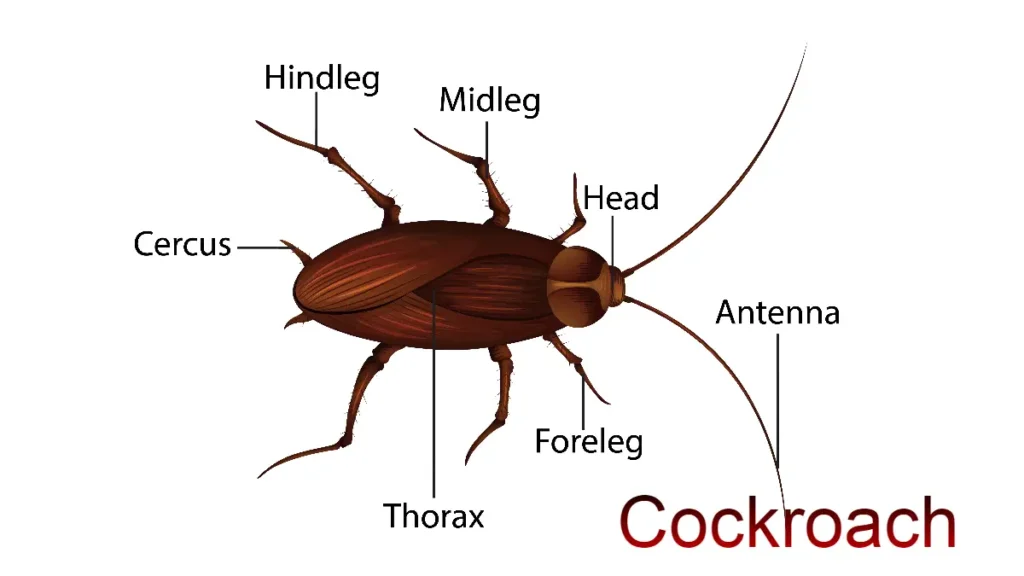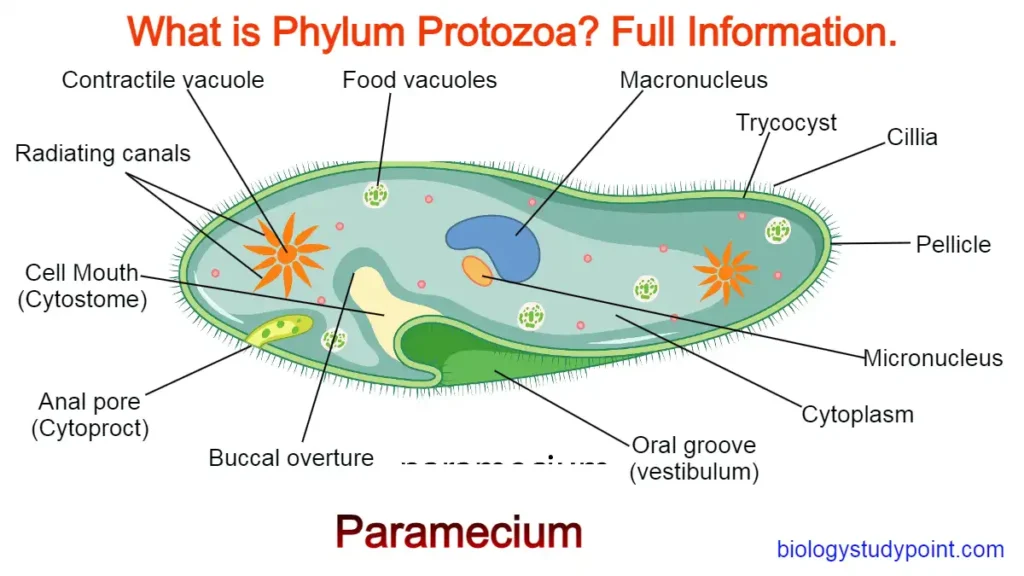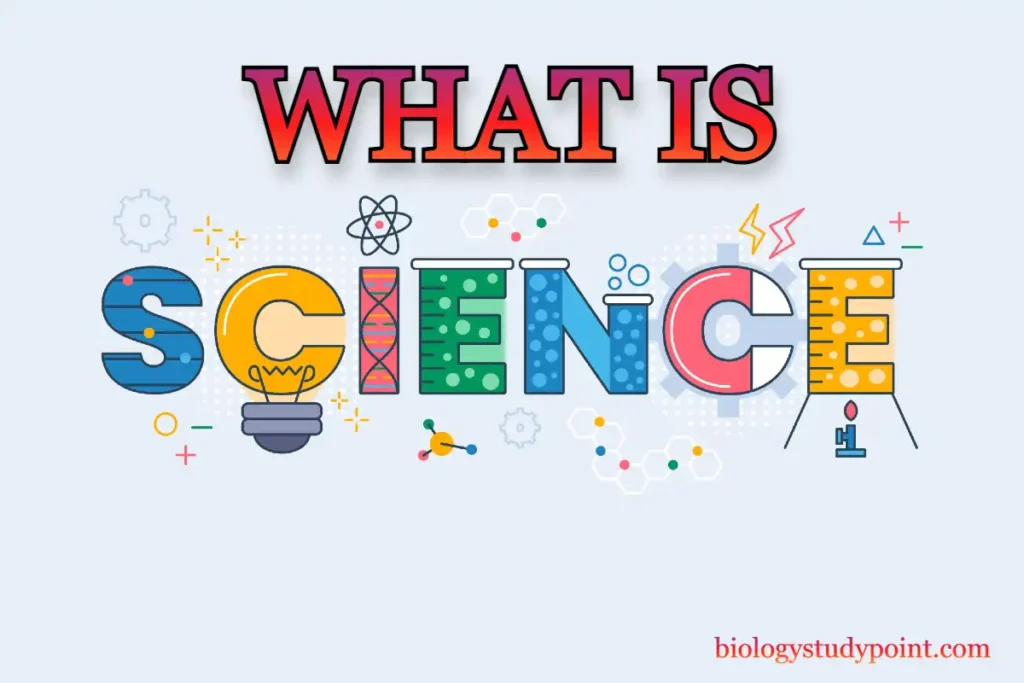Hello, guys. In today’s article, we will study Mitosis. For example, what is Mitosis, and where does It occur in the body? We will know the answers to many such questions today, so let’s start.
What is Mitosis?
Definition –
Mitosis is the division of a somatic cell into two, maintaining the same number of chromosomes as were initially present in the parent cell.

Where does Mitosis occur in the body?
Mitosis occurs in almost all the cells except the germ cells. Mitosis is distinguished into the following phases.
- Interphase
- Karyokinesis/Nuclear Division
How does interphase prepare cells for Mitosis?
Interphase –
It is the interval period between two successive cell divisions when the chromatin material remains in a highly attenuated condition. It is the preparatory phase because the nucleus and cytoplasm synthesize and store all the substances essential for cell division.
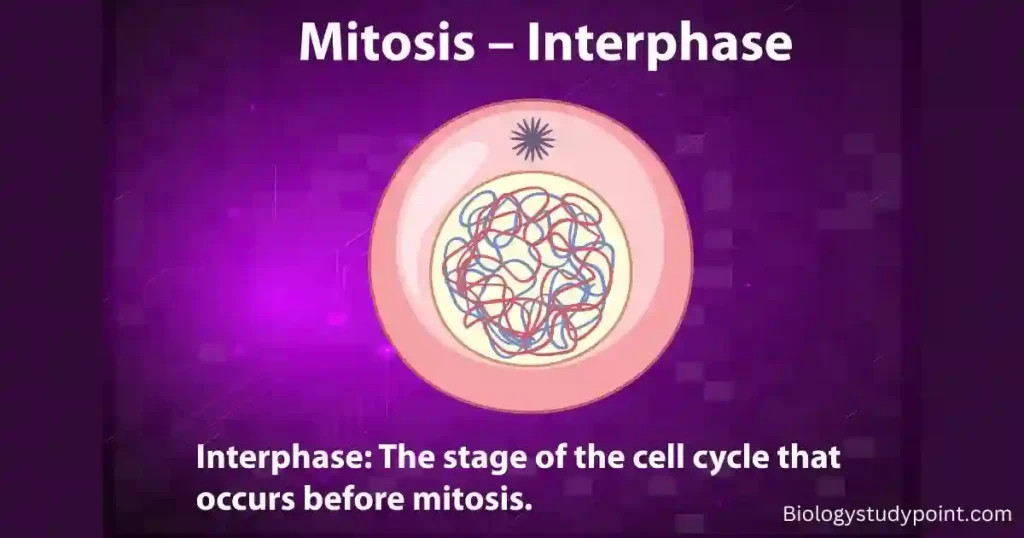
Interphase is divided into three distinct periods based on synthetic activities:
- First growth period (G1-Phase):- The young daughter cell grows in size during this period. The substances and enzymes (RNA and proteins) necessary for DNA synthesis are synthesized in this phase.
- Synthetic period (S-shape):- The replication of DNA characterizes it, but the new strands do not separate.
- Premitotic or second growth period (G2-Phase):- During this period, the nucleus increases in size by synthesizing ribosomal RNA, messenger RNA, and nucleolar RNA.
What is Karyokinesis?
Karyokinesis or Nuclear Division –
It is called nuclear division and is separated into the following phases :
- Prophase –
The nuclear division (Mitosis) Begins with prophase. The important events during this phase are given below:
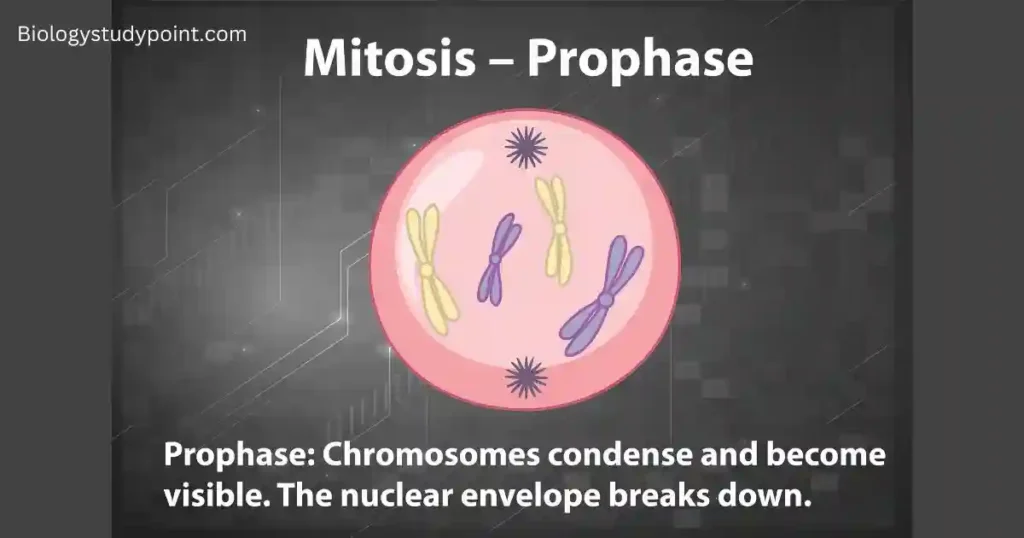
A. Nuclear Changes –
- The chromatin material condenses into distinct threads by losing water.
- The chromatin threads coil like a cylindrical spring, gradually becoming shorter and thicker into chromosomes.
- Each chromosome is already doubled due to the doubling of DNA contents in interphase.
- By the end of prophase, each chromosome appears to be splitted up lengthwise into two chromatids.
- The nucleolus and nuclear membrane disappear by the end of prophase.
B. Cytoplasmic Events –
- The centriole divides into two, and the daughter centrioles move towards the opposite poles.
- In the intervening cytoplasm, microtubules orient themselves between the daughter centrioles, forming an amphiaster spindle.
- By the end of prophase, the nuclear membrane and nucleolus also disappear.
2. Metaphase –
The metaphase is marked by the completion of the spindle and the arrangement of chromosomes on the equator of the spindle.
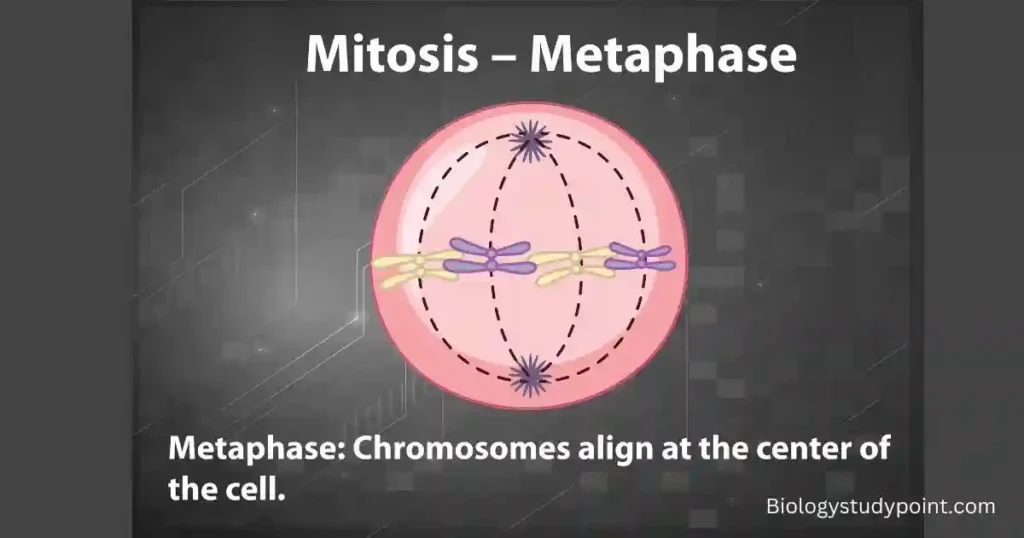
- Each chromosome becomes more compact and short, and its two chromatids separate except at the centromere, which has not been divided so far.
- The chromosome migrates toward the equator of the spindle. These orient themselves on the equator, so their centromeres lie on the equator, and the arms are oriented towards the poles.
- Their centromere gets attached to the chromosomal fibers of the spindle.
3. Anaphase –
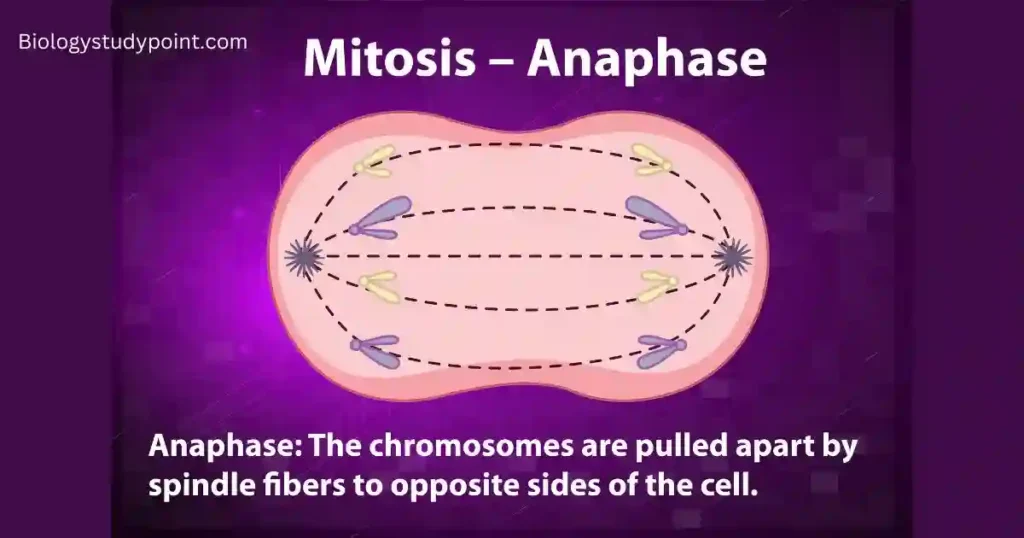
- The centromere of each chromosome divides. Therefore, the sister chromatids separate as daughter chromosomes.
- Daughter chromosomes move apart and are pulled toward the respective poles of the spindle. The contraction of spindle fibers brings about chromosomal movement.
- The centromeres of chromosomes are pulled towards the spindle poles, and their arms are dragged behind.
- The arms of daughter chromosomes are directed toward the equator, and centromeres toward the spindle poles.
4. Telophase –
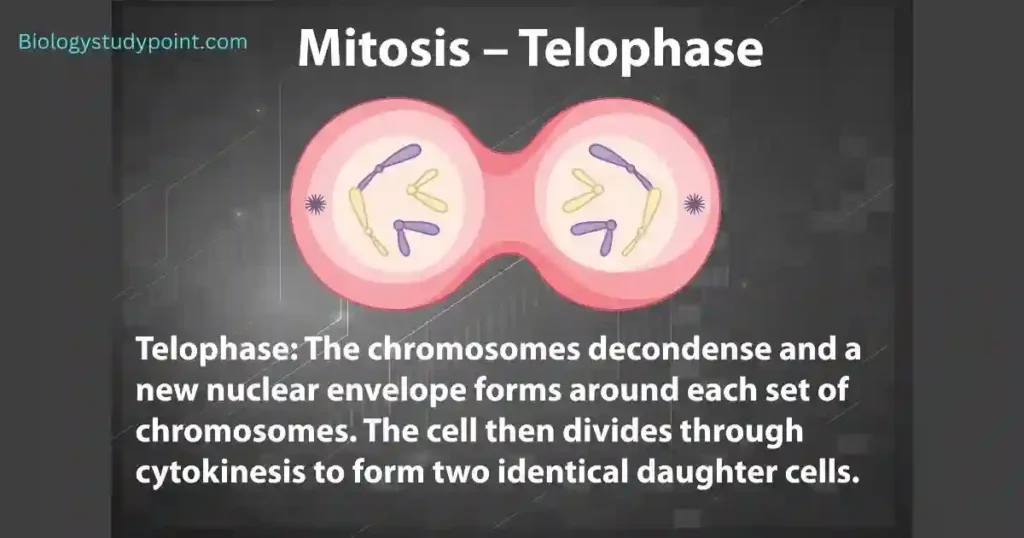
A. Nuclear Events –
- Daughter chromosomes reach the poles of the spindle and form two groups, one on either pole of the spindle.
- Chromosomes uncoil and form a chromatin net.
- The nuclear envelope is formed around each group, and the nucleolus reappears.
- By the end of telophase, two daughter nuclei are formed.
B. Cytoplasmic Events –
- The spindle fibers and astral rays disappear.
What is Cytokinesis?
Cytokinesis definition –
Cytokinesis is the division of cell cytoplasm into two separate cells. It usually occurs in telophase along with the formation of daughter nuclei after the nuclear division. The process of cytokinesis differs in plant and animal cells. (a) Cytokinesis in animal cells:- In animal cells, cytokinesis starts with the appearance of a shallow groove or furrow in the cytoplasm at the equator of the spindle. It deepens and constricts the cytoplasm and the cell into two parts.
